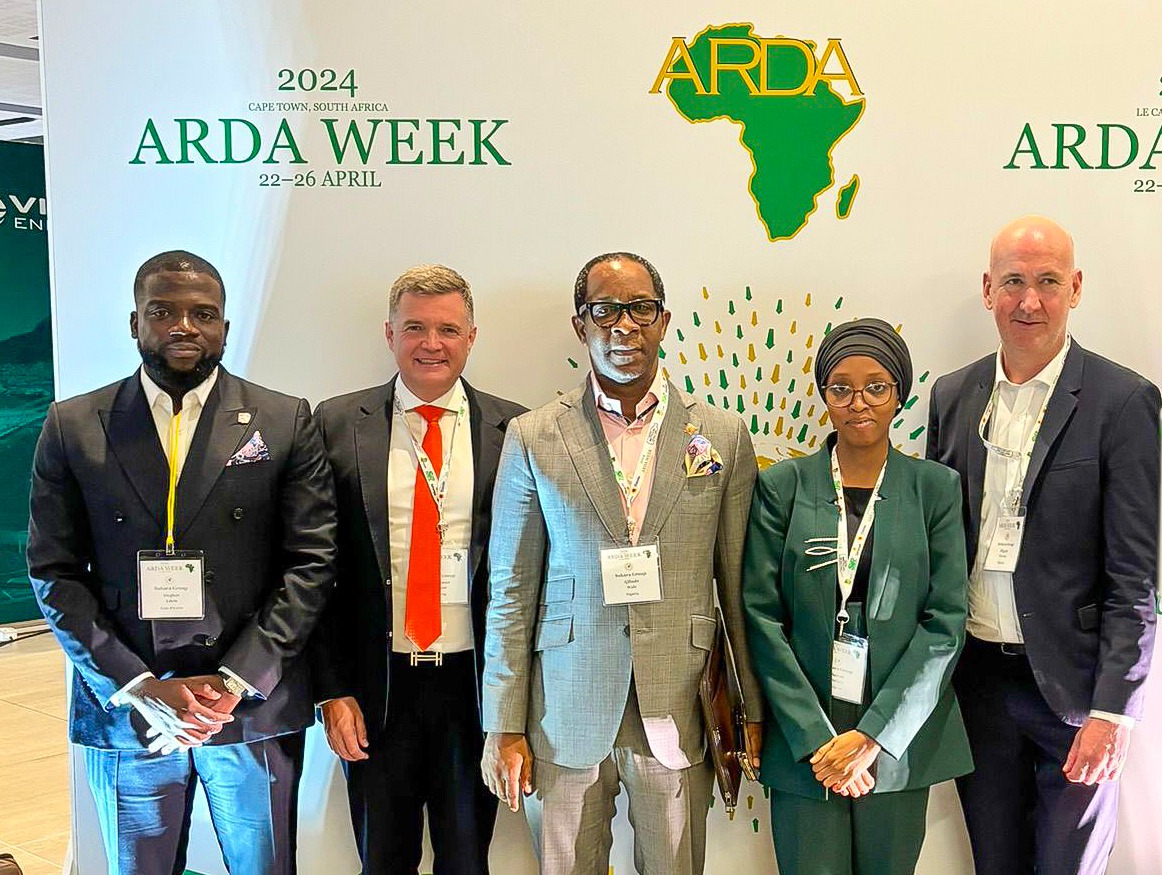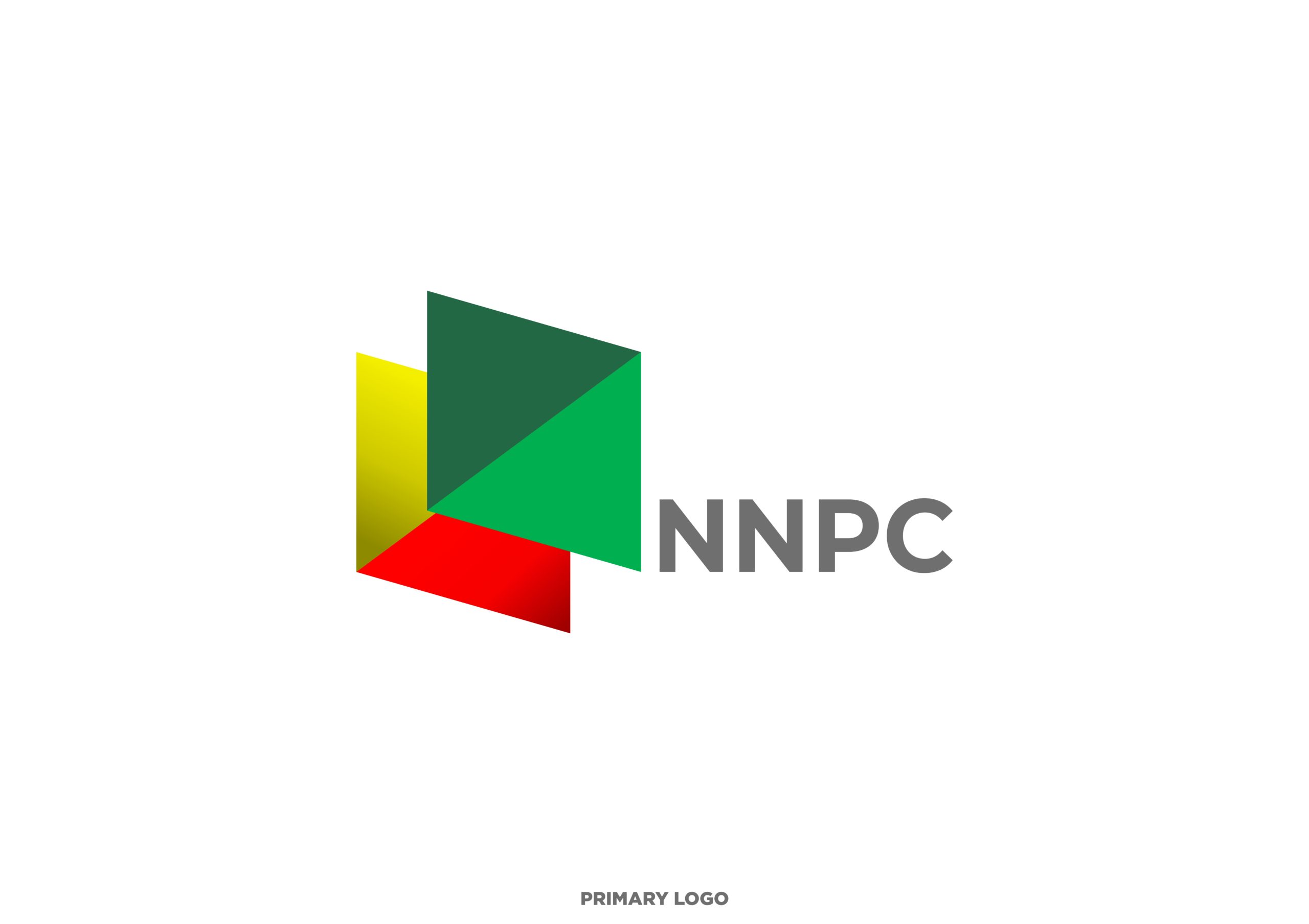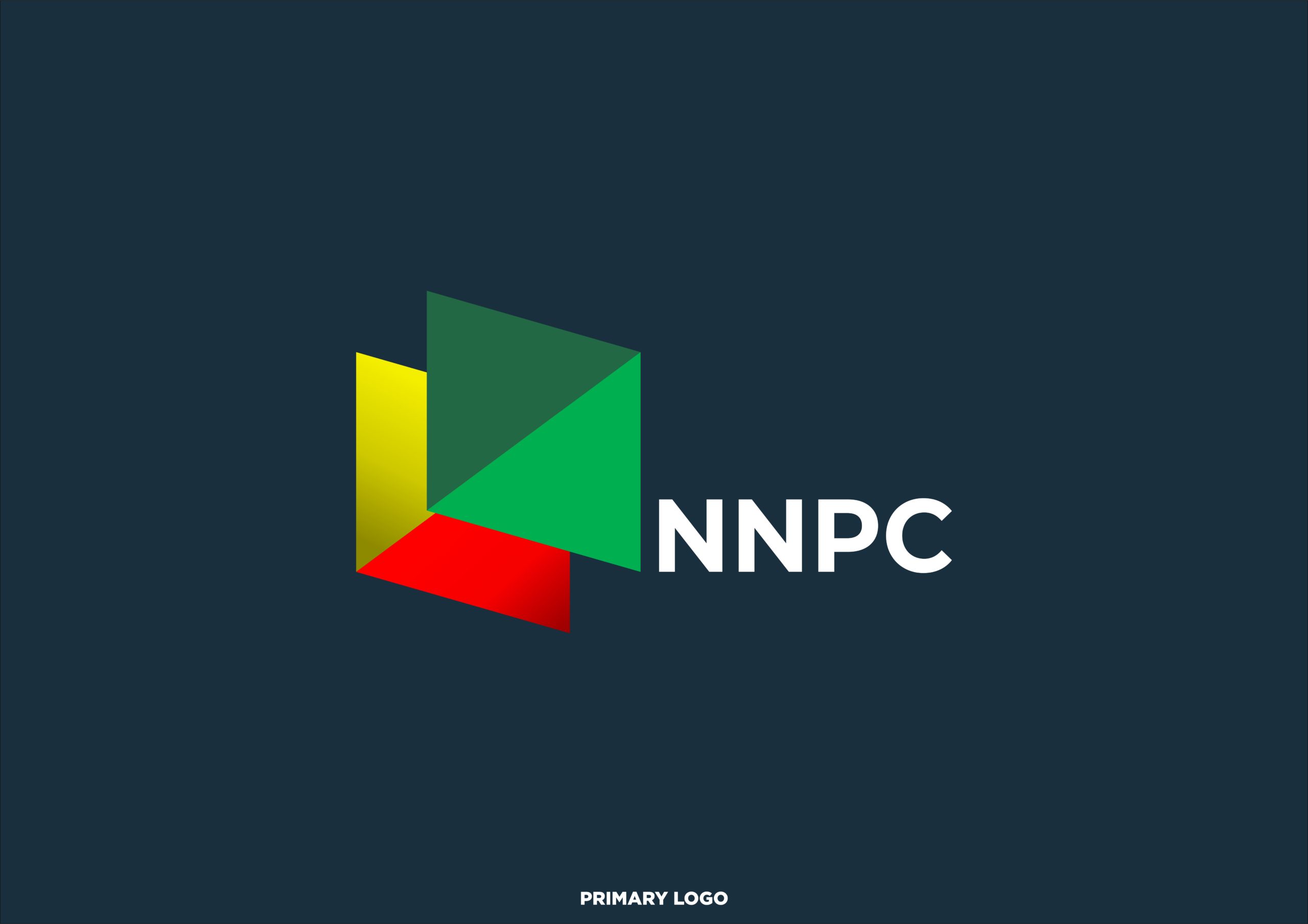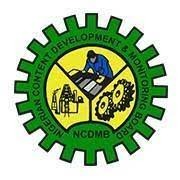Energy
Global Energy Transition, An Opportunity for Nigerian Oil & Gas Industry – Wabote
Lucky MOMOH
ABUJA- THE ongoing disruptions in the international energy industry present a unique opportunity for the Nigerian oil and gas industry to attract investments and serve as one of the leading hubs to meet global energy needs.
The Executive Secretary of the Nigeria Content Development and Monitoring Board, (NCDMB) Engr. Simbi Kesiye Wabote stated this recently in a lecture he delivered at the Society of Petroleum Engineers – Oloibiri Lecture Series and Energy Forum (SPE – OLEF) 2022 held in Abuja.
He spoke on the theme, “Global Energy Transition: Implications on Future Investments in the Nigerian Oil and Gas Industry,” and maintained that the clamour by developed countries to reduce carbon emissions through cutting the utilization of fossil fuels is because those nations have run out of hydrocarbon reserves.
The Executive Secretary outlined his perspectives on global energy transition, its implications on global energy security and investments, and the opportunities for the oil and gas industry in Nigeria, pointing out that the outcome of energy transitions has always been the redistribution of the constituents in the energy mix rather than the outright swap of one form of energy for another.
He said the rush to move the world away from fossil fuels has resulted in first world countries shifting funding away from the development of hydrocarbons towards renewable energy, and energy shortage, causing a decline in the supply of hydrocarbons due to lack of investments, because the pace of the shift to renewable energies is unable to meet world energy demand.
Bearing in mind the technological capability and natural endowments as key drivers to the energy mix, the Nigerian Content Chieftain observed that divestments have resulted in the emergence of indigenous companies playing major roles in exploration and production activities such that companies like Aiteo, First E&P, Eroton and others have acquired assets and are now responsible for the production of about fifteen percent of the nation’s oil and more than sixty percent of domestic gas.
He decried the divestment of the IOCs and their reluctance to make further investment in oil and gas which has resulted in the repatriation of capital out of Nigeria. He lamented that this has stifled the nation’s economy of the much-needed foreign exchange and funds used as loans to acquire oil and gas assets instead of developing new production assets. He also hinted that energy shortage has provided a huge opportunity for the Nigerian oil and gas industry by diversifying oil and gas energy hubs even as it works on adding renewables to the global energy mix to ensure energy security.
Wabote canvassed for a balance between the drive for renewables and new investments in fossil fuels, warning that a misalignment in the transition strategy will result in supply and demand disruptions as witnessed in the current situation in Europe.
He further suggested that as the world continues to expand the options of sources of energy available for use, it should be open to welcome new additions without discarding existing ones. He however, bemoaned the demonizing or de-marketing of other energy sources and setting unrealistic deadlines for countries to abandon fossil fuels. He expressed hope that nations will jealously guard their local sources of energy to ensure it remains in their energy mix for the benefit of its people.
Energy
Sahara Group Urges More Refining, Storage To Boost Africa’s Downstream

Inadequate refining capacity, insufficient storage, and impeded product movement across Africa are the three major impediments slowing the growth of the continent’s downstream oil sector, Wale Ajibade, Executive Director, Sahara Group has said.
Ajibade expressed his views in a paper “Africa Downstream Market Developments and Forecast” presented at the recently concluded Africa Refiners and Distributors Association (ARDA) Week 2024 in Cape Town, South Africa.
He maintained that addressing these gaps would transform Africa’s downstream petroleum industry.
Biztellers reports that the ARDA Week 2024 is Africa’s foremost gathering of stakeholders in the downstream oil industry.
Ajibade noted that shoring up the continent’s refining capacity was critical to sustaining efficiency, availability and accessibility in the sector.
He explained that as Africa explored ways of achieving hitch-free energy transition, efforts must be made to ensure optimisation of the sector’s value responsibly and collaboratively.
In his words, “Many African countries lack sufficient refining capacity to meet domestic demand, leading to heavy reliance on imports. This lack of self-sufficiency leaves these markets vulnerable to supply disruptions.
“Addressing this would require fresh investments and collaboration across the sector’s value chain.”
On insufficient storage infrastructure, Ajibade pointed out that this has continued to hamper the ability to maintain strategic reserves and ensure reliable supply during times of high demand or supply chain disruptions.
“In East Africa, shippers at Beira, Dar es Salaam and Mombasa — the key entry ports for refined products — are experiencing significant demurrage. Ageing and poorly maintained pipeline networks result in significant product losses and distribution bottlenecks,” he stated.
According to him, a collaborative solution which involves regulators, operators, investors, financial institutions, and government owned oil companies is required to help the African downstream sector to reach its full potential and provide reliable and affordable energy access to the continent’s growing population.
“Africa’s downstream Market leaders will need to work closely with her the various governments and agencies to carefully navigate the complex challenges through regulation and technology adoption while pushing for sustainable growth across Africa,” he added.
He also stated that the continent increasingly relied on imports of refined products to support consumption growth, primarily due to the underutilisation of existing refineries caused by technical issues.
He called for, “Investments in refinery upgrades, pipeline modernisation, and the construction of new storage facilities will be crucial to overcoming these challenges and unlocking the region’s energy security and economic development.”
Highlighting some positive trends in the sector, Ajibade said the African downstream market is experiencing rapid growth and transformation, driven by soaring energy demand, population growth, and the focus on industrialisation, urbanisation, and economic He explained that these would drive the demand for refined petroleum products, petrochemicals, and related downstream services is forecasted to grow by up to 30% by 2040.
“Africa is experiencing a lot of migration from rural to urban areas. In 2015, Africa had only six cities with more than five residents compared to 17 expected in 2030. Africa has experienced an increase in the number and capacity of industries across the continent, with industrial GDP set to double by 2025,” he said.
On the promotion of regional and cross-border trade, Ajibade noted that initiatives such as the African Continental Free Trade Area are promoting regional integration and facilitating cross-border trade in downstream products.
“This is encouraging investments in integrated downstream assets, logistical infrastructure, and harmonised regulatory frameworks to capitalise on the expanded market opportunities,” concluding that production of chemicals, plastics, lubricants, and specialty products would foster self-sufficiency and spur economic growth through increased job creation, reduced import reliance and enhanced technological innovation,” he added.
Energy
NNPC Ltd, Partner Unlock 12,000bpd Production From Awoba Unit Field

Keen on optimising production from the nation’s hydrocarbon assets to boost revenues and meet her OPEC production quota, the Nigerian National Petroleum Company Limited (NNPC Ltd.) and its Joint Venture partner in the Awoba Unit Field, Newcross Exploration and Production Ltd., have restarted production from the Awoba field which last contributed production to the Bonny Terminal in 2021 and was finally shut down in February 2022 due to evacuation issues and crude oil theft.
This was contained in a statement put out on the state oil company’s X handle on Tuesday from Abuja, under the signature of its Chief Corporate Communications Officer, Olufemi O. Soneye.
He asserted that since the restart of the Awoba field by NNPC Ltd and it partners on April 13, 2024; production from the field has averaged 8,000 barrels per day and is expected to plateau at 12,000 per day at full ramp up within 30 days.
Awoba is also expected to significantly boost gas supply to the power sector and other gas-based industries, Soneye added.
Biztellers reports that the Awoba Unit which straddles OMLs 18 and 24 is located in the mangrove swamp south of Port Harcourt, Rivers State. Both OML 18 and OML 24 assets are under the management of the NNPC Upstream Investment Management Services (NUIMS).
Recall that the NNPC Ltd. has been recording a string of production successes from the JV portfolio which have significantly lifted overall national production. Besides the recent start of production at the Madu Field by the NNPC Ltd/First E&P JV, the company has achieved the restart of production at OMLs 29 and OML 18 in late 2023 which have steadily contributed an average of 60,000bpd to the nation’s production output since their restart.
The Group Chief Executive Officer of NNPC Ltd., Mallam Mele Kyari, ascribed the achievement to the President Bola Ahmed Tinubu administration’s success in providing enabling operating environment for businesses to thrive.
He expressed appreciation to all stakeholders (staff, operators, host communities, government security agencies, and private security contractors) who played a pivotal role in achieving the feat.
Energy
NNPC Ltd, First E&P Achieve 20,000bpd Production At OML 85

The Nigerian National Petroleum Company Limited (NNPC Ltd) and its Joint Venture partner in OML 85, First Exploration and Petroleum Development Company Limited (First E&P), have commenced oil production from the asset also known as Madu Field.
Biztellers reports that production from the field which is located in shallow waters offshore Bayelsa State and operated by First E&P is expected to be at an average of 20,000 barrels per day.
The achievement is a testament to the commitment of the President Bola Tinubu administration to optimise production from the nation’s oil and gas assets through the provision of enabling environment for existing and prospective investors.
According to the Group Chief Executive Officer of NNPC Ltd, Mele Kyari, the commencement of oil production at the Madu Field is a significant milestone that will contribute to the larger goal of meeting the production required to drive revenue growth and boost the nation’s economy.
He commended stakeholders for their support, and opined that the addition of 20,000 barrels per day by an indigenous oil player signals the commitment of stakeholders to achieving economic development for Nigeria.
Recall that the Final Investment Decision (FID) on the development of the Madu Field and a sister field, Anyala, was taken by the NNPC Ltd/First E&P JV in 2018.
Production from the Madu Field will be processed at the JV’s Abigail-Joseph Floating Production Storage and Offloading (FPSO) Unit, which has a crude oil storage capacity of up to 800,000bbls.





















